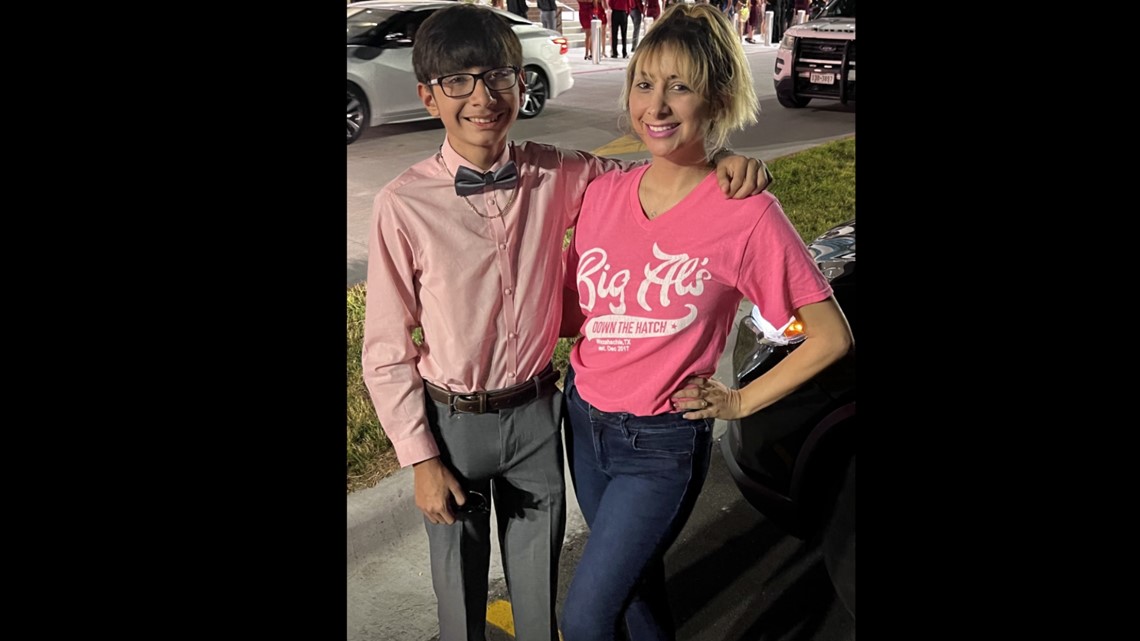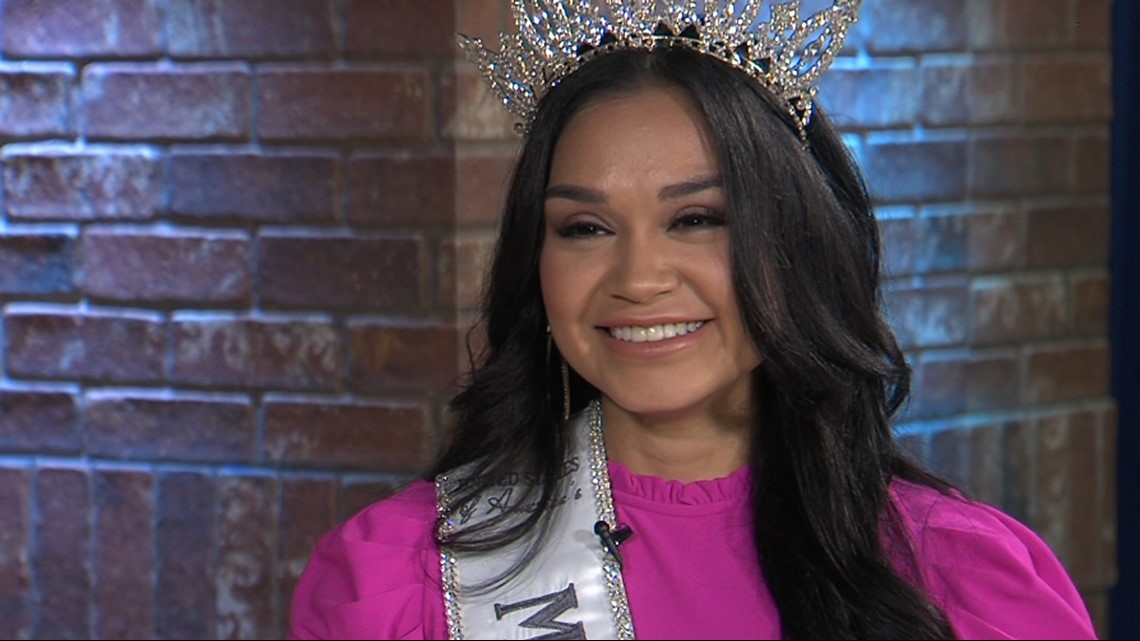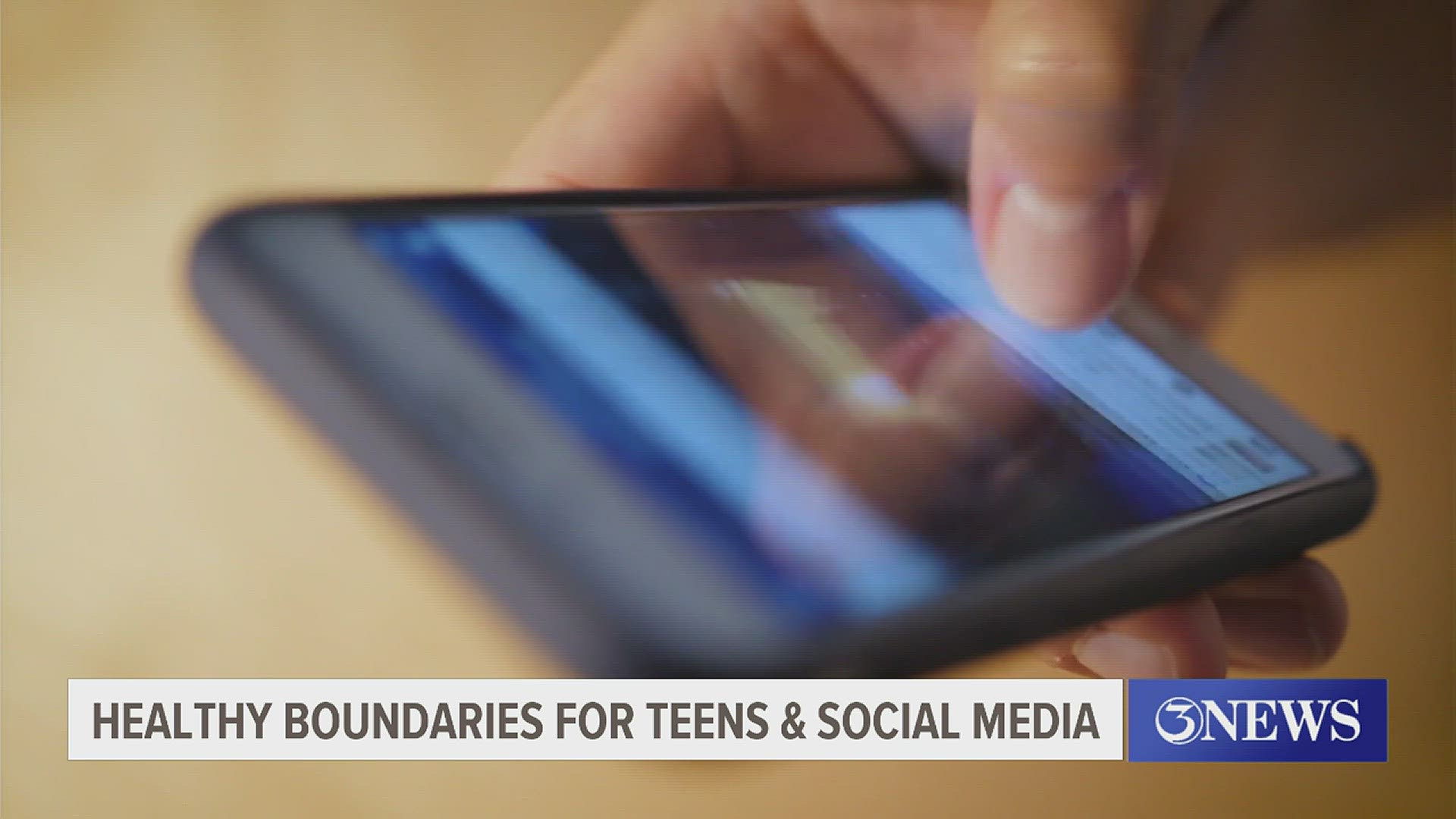CORPUS CHRISTI, Texas — With the start of the new school year, kids are hitting the books once again, and hopefully their smartphones a little less.
Even for adults, the constant access to communication can be a double-edged sword, especially when it comes to social media: great for interaction and staying connected, but it can be draining on one's productivity, and at times, mental health.
Danielle Martinez is a licensed master social worker on the behavioral health team at Driscoll Children's Hospital. She has seen some of the effects of continuous scrolling, and they go beyond just loss of productivity.
"A lot kids who do come in crisis, with suicidal thoughts ideation, you’d be surprised how many of them is because they got their phone taken away," Martinez said. "And for probably a right reason; not doing chores, talking back, but they get that phone taken away and they lose it."
So what is it about social media that keeps teens - and adults - scrolling non-stop?
"When you’re on TikTok, Snapchat, stories - it’s like every time you look at a story you laugh. You get that dopamine hit in your brain and so your brain just keeps telling you to keep doing it," said Martinez, who also explained how it can attribute to body positivity issues and concerns as well.
"With filters and these beautiful places they’re at, it can be kind of disheartening," Martinez said. "So it just adds that added pressure of trying to look and be like someone that most people don't anyways."
Martinez explained how when families have come in to visit her department and hear their teens express that they're feeling low or depressed, that for parents, this can be extremely difficult. She advises incorporating that outside or third-party to assist in facilitating those conversations.
"That's that communication break. I get it, as a parent of a teenager too - we’re trying so hard to provide all these things, like how could you be depressed?" Martinez said.
"Parents take it as a personal issue and that’s why I think social work is -- it's so good for social work to be a third-person, to step out of it and be like, you know, life is hard. Kids are mean."


So what are some things parents can do? Martinez says while it may not always be easy, explaining to your children why boundaries are in place is crucial. As a mother of a teen herself, she shared what's helped her:
"It is my job to set these boundaries because no one else is going to," Martinez said.
"Nobody else is going to tell you not to do drugs, not to vape or not skip school or not post this, and if I don't, then no one’s going to, and that’s kind of been able to help him understand that discipline is coming from a place of love."
Even for pageant queens, like Marissa Ortiz who won the title of United States of America's Ms. Texas last year, social media can be a slippery slope.
"I’m a pageant girl! So, I follow nothing, but pageant girls mainly. They’re a lot of my friends and I have found myself comparing myself," Ortiz shared.
"I'm 4’11," and these girls I compete against are 5’6", 7", 8", 9" - they are tall! And so I found myself comparing, 'Man, am I good enough to compete at Nationals? Am I good enough for Texas?'... You’re more than good enough. Stop limiting yourself."


Ortiz's pageant platform is mental health awareness. She's been working with NAMI's Greater Corpus Christi and Texas chapters as well as Nueces County MHID.
The Coastal Bend native shared she felt inspired to help others by recalling her own challenges and struggles with social anxiety and depression, and wants to help make sure people know about the resources that are available to them.


Ortiz shared the questions she asks herself when it comes to maintaining a healthy social media balance:
"Is it affecting my mental health? Am I feeling good after getting off of social media?" Ortiz said, also offering this advice for parents of teens and teens themselves when it comes to handling your social media responsibly:
"Be true to you, and have morals and have values and make sure your social media page is in line with all of that. Social media is like your background check for most people, and I think that children don’t realize that. Pre-teens, teens -- they think it’s all fun and games, and it’ll last for the day and it’ll go away, but what they don't realize is that some of that lasts forever."
RELATED LINKS:

